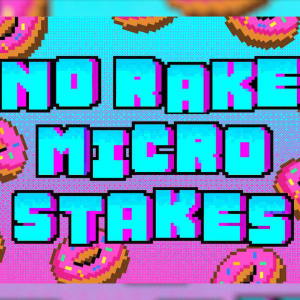
You've got to know when to hold 'em. Know when to fold 'em. Know when to walk away".
Kenny Rogers knew what's up long before most of the pros playing today had the chance to take their first breath. Foldingis not a sexy part of poker strategy. In the game of small edges winning becomes a somewhat rare occurrence and therefore we all obsess about increasing the percentage of hands where we leave the 'fold 'em' part to our opponents.
This is, of course, a worthy pursuit but as always - balance is key. It's essential to accept that folding is a huge part of poker and stop treating it like a second-class play.
The Psychology of Folding
Poker seems to go against everything the last few decades of socialization in western societies taught us. Every magazine cover, autobiography and news story tries to convince us that success is just around the corner.
Parents tell their children that they are special and can be anything they want to be. Failure is a dirty word, positivity is the new religion of the land. It isn't hard to imagine that a game in which we lose almost as many (or more) hands as we win doesn't really play well in this specific climate. We're conditioned to avoid negative acts and it's hard to ignore something that's so deeply ingrained in our collective consciousness.
In actuality failure and folding are both integral parts of eventual life and poker success. Thomas J. Watson famously said that:
If you want to increase your success rate, double your failure rate."
There is another famous quote by Thomas Edison:
I have not failed. I've just found 10,000 ways that won't work."
It seems to confirm that truly great people have no trouble accepting failure as a necessary part of the process.
If you want to become a successful poker player you should recognize the shortcomings of the modern success cult and adopt the sensibilities of great men mentioned above.
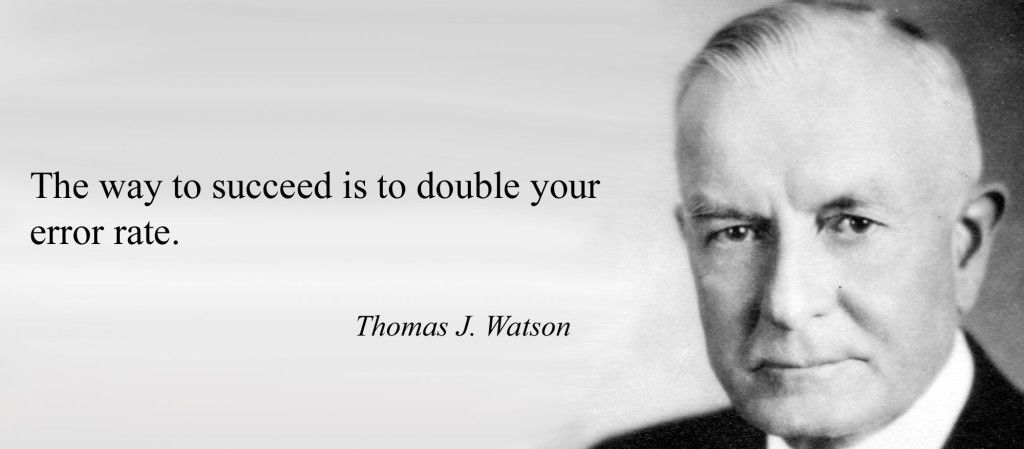
Is Folding Really a 0EV Play?
Short answer: "yes". Long answer: "yes, but there's a good chance you're not looking at this in a right way". When we analyze folding decisions using strictly the EV calculation folding will indeed always have a 0$ expectation.
This is because the EV equation doesn't really care about the money that you've already put into the pot - you, however, should care about it very much. One of the benefits of recent GTO craze and popularization of the range vs. range analysis is that we all started to look at poker strategy in a more holistic and complex way.
No one ever wakes up in the middle of a hand having invested 60BB into the pot so we shouldn't base our decisions on math that assume exactly that. Instead, we should take a step back and figure out if that 60BB investment was valid in the first place and if we should continue putting ourselves in a specific spot when we invest said 60BB.
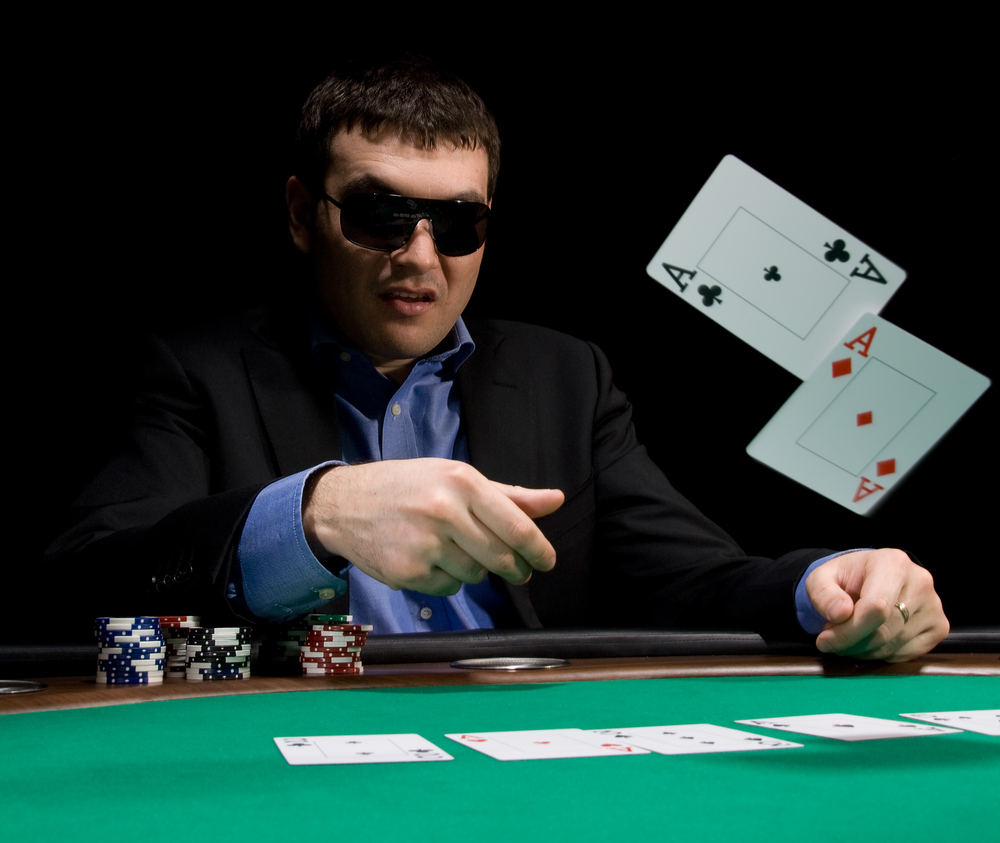
Am I folding Too Much?
The answer to this question will obviously depend on many different factors like your playstyle (and yes that is a factor since we're still ways away from developing the GTO strategy) stakes, poker room, player population etc. but there are some simple markers that you can use to figure out spots where you might be folding a bit too often (or not often enough!).
The good news is that some of those markers are most likely already a part of your HUD. Let's start with a criminally underutilized stat called "Won Money When Saw Flop" or W$WSF for short.
While this stat requires a huge sample size to be representative and while it isn't very specific it's great at answering the question:
How aggressively do you fight for each and every pot?"
If your W$WSF is below 44% or so then you're most likely giving up too often. If it's around 50-52% you might be too aggressive (though some players can certainly get away with those numbers).
Like with every other statistic it's more about "what" than "how" so if your W$WSF is equal to 39% (assuming sufficiently high sample size) you're definitely folding too many hands, but this doesn't mean you should switch to a "no fold'em hold'em" style of play, but rather investigate the spots in which releasing your hand is obviously too conservative and slowly build your way up from there.
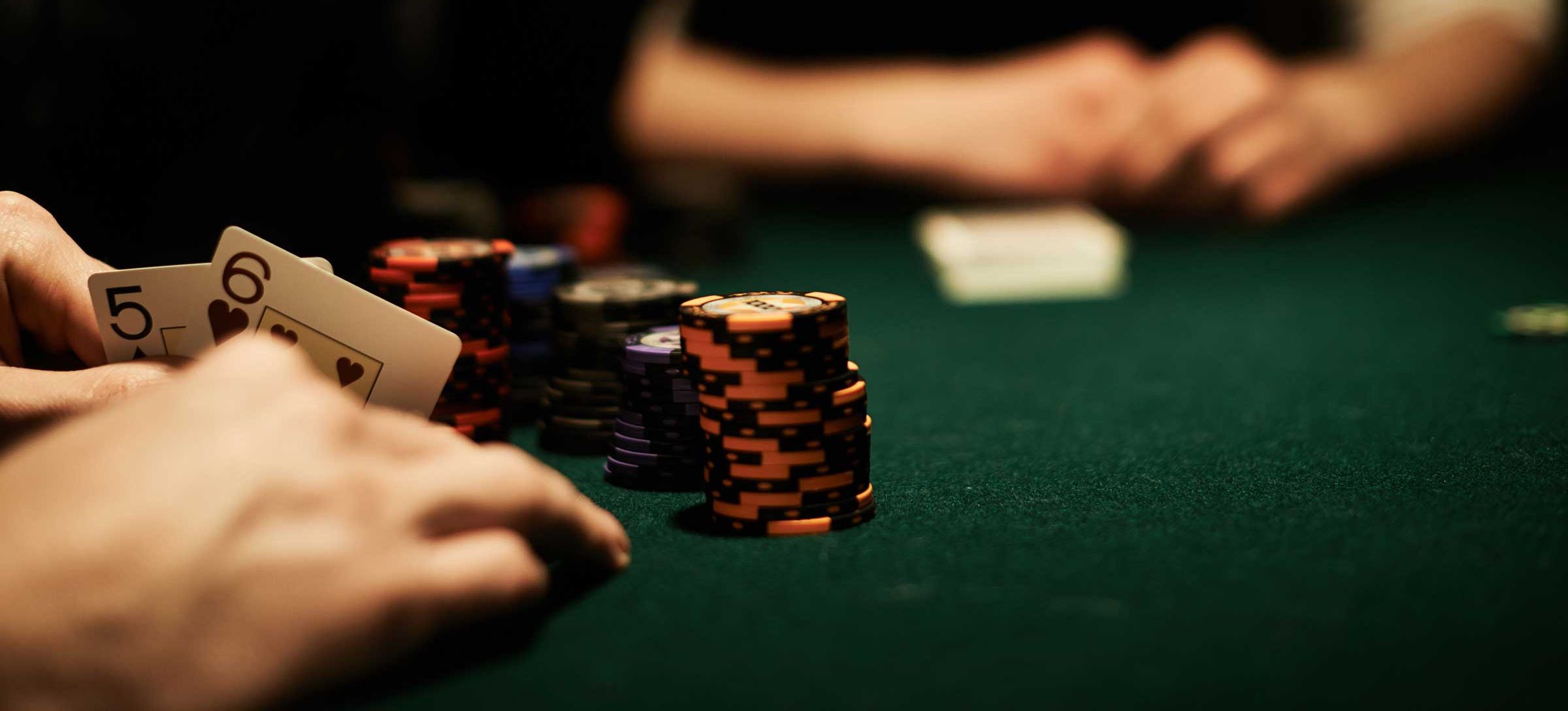
Baluga Theorem
With the GTO craze mentioned above, it's hard to believe that a theorem from good old times of PartyPoker circa 2006-2008 could still be relevant. However, this is precisely the case when we talk about an idea conceived in the mind of a DeucesCrackedcoach Andrew "BalugaWhale" Seidman, which he was kind enough to share with the rest of the poker world in a very old 2+2 thread. Baluga Theorem states that:
You should strongly re-evaluate the strength of one-pair hands in the face of a raise on the turn.”
Sounds reasonable enough, right? The turn is one of the harder streets to play in poker and people aren't that amazing at managing their raising ranges after the flop. This is still true after all these years, especially in a micro stakes setting.
The games, of course, got considerably more aggressive and you can't really treat Baluga Theorem as an axiom (after all - it's just a theorem, besides there are almost no axioms in poker) these days, but if you're playing a hand at NL10 and you're facing a raise on the turn, more often than not you're dealing with a range that's heavily weighted towards value and it might be a good idea to get away with marginal made hand.
Database Analysis
This might as well be a solution to every poker problem in existence and it highlights a very interesting issue many players have. Sometimes we get so caught up in searching for the 'optimal' strategy that we forget to test if the theory actually works (or worse yet - if we are even able to execute the theory?).
Fortunately, poker is heavily math based and given the fact that math is a hard science it's technically possible to solve it away from the table (given enough processing power and/or sufficient amount of time).
The main problem is that unless you're willing to cheat and use your expertly crafted poker strategy to program a poker bot you're the one who'll have to execute said strategy. Here lies the main problem. Human beings aren't robots. We tilt, we get tired we favor preferences over facts, we autopilot etc. etc. Playing good poker is a delicate balancing act between rationalism and empiricism - you have to have a great strategy and execute it correctly.

Going back to the subject at hand, let's consider some of the situations in which consulting our database can help us determine the optimal course of action as it pertains to folding. According to the "conventional wisdom" folding 22-66 hands preflop vs. UTG/MP open would be considered correct due to the range advantage of preflop raiser.
However, depending on your stakes, poker room, and play style this advice might actually cause you to lose money. Maybe you're playing low enough (or you're good enough) that position combined with skill advantage allows you to profit in those spots. Maybe there's a ton of recreational players playing at your poker room of choice and they usually come along for the ride in those situations bumping your implied odds considerably? Make sure to filter out those spots and find our for yourself.
Another simple example. Check your win rate from the blinds when defending against a steal. Look at the hands that you lose more money with than you would if you simply folded them. Just because you heard in a video that you should be defending BB with a hand X doesn't mean that it's a correct choice for you. Same goes for folding to flop cbet or check/raise etc. folding to a double and triple barrel and so on.

May the (Implied) Odds be Ever in Your Favor
One of the main sins on no limit hold'em players that causes them to continue with hands they should clearly throw into the muck (virtual or otherwise) is overvaluing their implied odds. Just because we have the option to play for the entirety of our stack at any point in the hand it doesn't give us the free rein to assume 'anything can happen' attitude and chase draws that will never get paid off by the opponents.
We've mentioned before that it might be a good idea to base our preflop folding decisions on the implied range advantage of the opponent resulting in the high frequency of potential reverse implied odds situations.
To put things simply, if we call preflop with a 22-66 against a tight UTG/MP opponent we can never be on top in a set vs. set situation. It's also extremely unlikely that we'll be able to get paid off by their top pairs when we hit (Baluga Theorem) and therefore for most people calling pre with those small pocket pairs will equate to burning money in the long run.
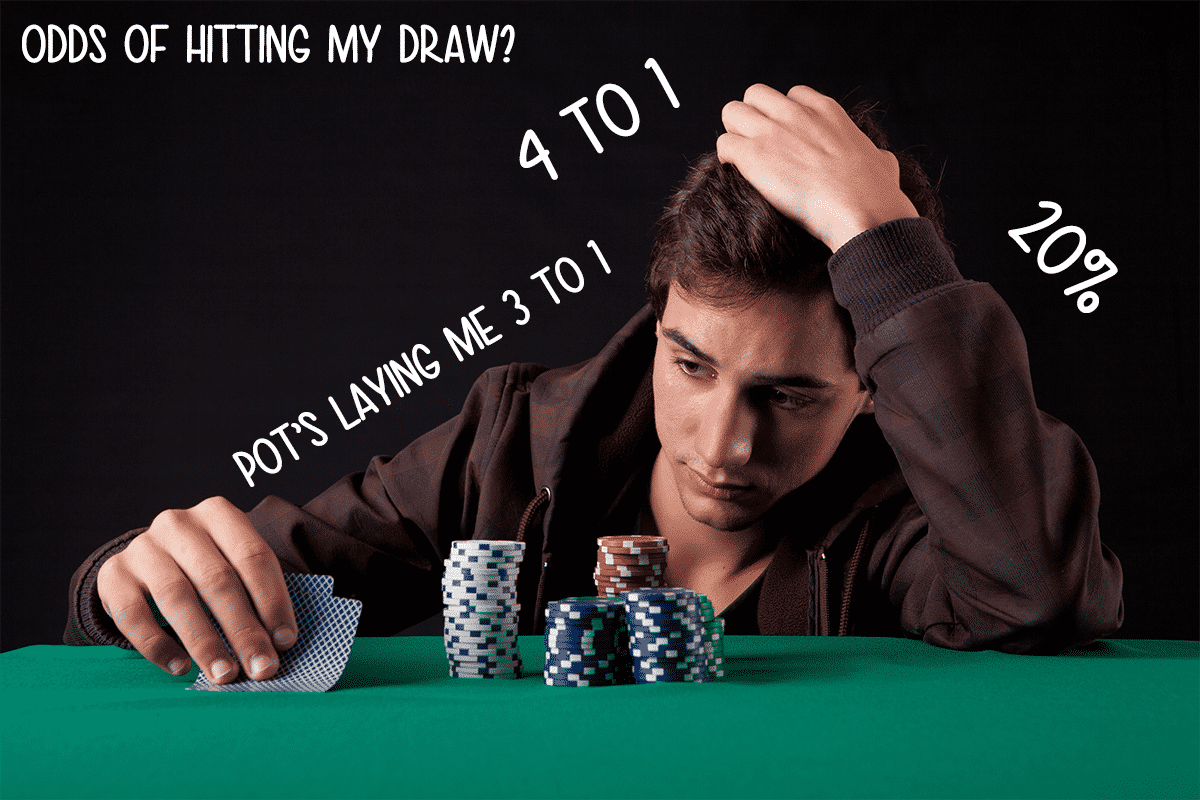
Punishing Players Who Are Bad at Folding
After we figure out the spots in which we might be losing value by not folding enough the natural consequence would be to punish other players for making the same mistakes we used to. For example, many players with low W$WSF stat tend to give up easily in small or limped pots.
Knowing that we can start fighting aggressively in those kinds of situations with frequent lead bets. Players with a high WTSD statistic will be our main clients for frequent thin value bets since they usually have huge trouble with releasing subpar holdings.
Knowing that most players are notoriously bad at constructing their turn raising ranges (which allowed Baluga Theorem to stay relevant for such a long time) we should spend some time with Flopzilla to figure out the bottom of our range on the turn in certain situations and start using it as an efficient tool to bluff. Remember that depending on particular spot turn ranges can become very, very narrow so it's important not to go overboard with aggression.
Another interesting example of a play that punishes conservative folding ranges is a good old double and triple barrel bluff. Everyone knows that cbetting is good and people tend to cbet the flop very often. Because of that many players feel obliged to call flop bets without thinking about their overall strategy. That's why barreling on favorable cards can be such an effective play.
 More Top Rated Content
More Top Rated Content
Articles
- Procrastination and Poker
- How to Make a Poker Schedule - Tools You Can Use
- Mindful Breathing | Mental Poker Strategy
Coaching Videos

